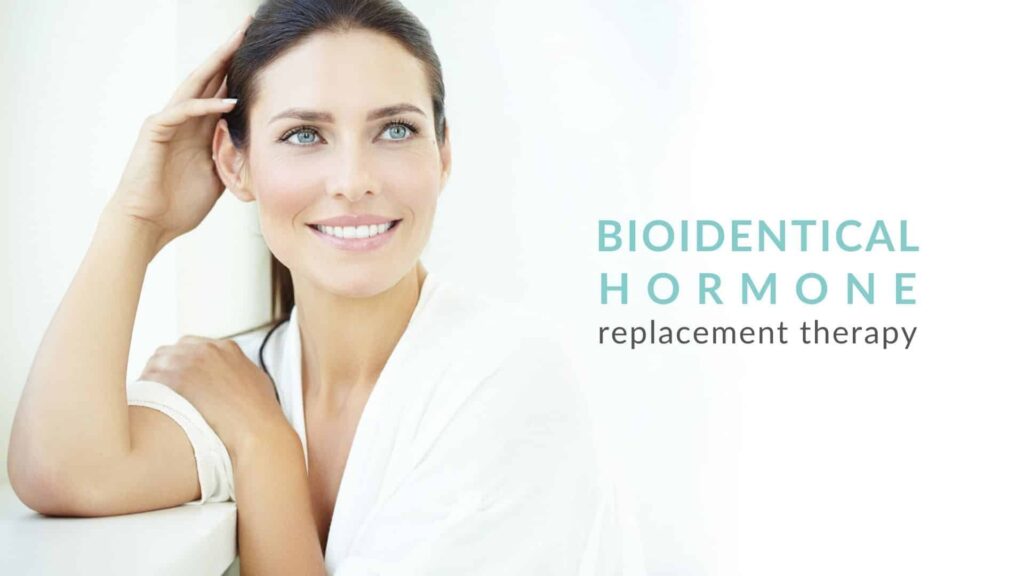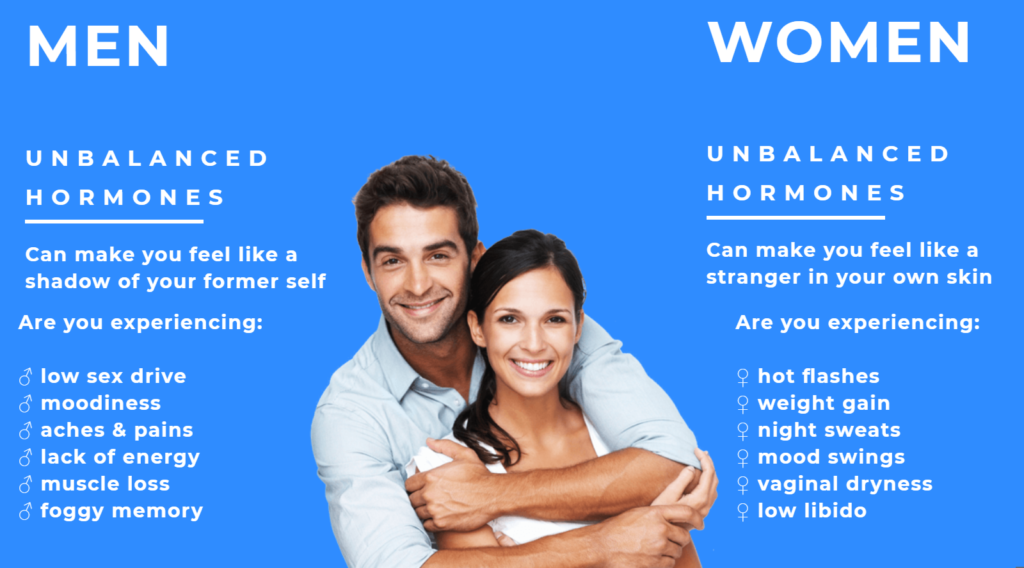Hormone therapy has become a cornerstone of modern medicine, addressing a myriad of health issues ranging from menopause and andropause to various hormonal imbalances. This article explores the best approaches, benefits, contraindications, and the role of nutraceutical supplementation in hormone therapy for both men and women.
Understanding Hormone Therapy
Hormone therapy involves the administration of hormones to supplement or replace naturally occurring hormones in the body. For women, it often focuses on estrogen and progesterone, while for men, testosterone is the primary hormone of interest. The therapy can be administered through various methods, including pills, patches, creams, gels, and injections.
The Best Approach to Hormone Therapy
Individualized Treatment Plans
The cornerstone of effective hormone therapy is an individualized treatment plan. This approach ensures that the therapy is tailored to the specific needs of the patient, taking into account their medical history, current health status, and hormone levels. Personalized hormone therapy helps minimize side effects and maximize benefits.
Regular Monitoring
Regular monitoring of hormone levels is crucial. This helps in adjusting the dosages to maintain optimal hormone balance. Blood tests, saliva tests, and other diagnostic tools are used to monitor hormone levels and ensure the therapy is effective and safe.
Combination of Therapies
In some cases, a combination of hormone therapies might be necessary. For example, women undergoing menopause might benefit from a combination of estrogen and progesterone therapy, while men with low testosterone levels might need both testosterone replacement and medications to address symptoms like erectile dysfunction.
Benefits of Hormone Therapy
For Women

Relief from Menopausal Symptoms: Hormone therapy is highly effective in alleviating menopausal symptoms such as hot flashes, night sweats, vaginal dryness, and mood swings.
Bone Health: Estrogen plays a vital role in maintaining bone density. Hormone therapy can help reduce the risk of osteoporosis and fractures in postmenopausal women.
Cardiovascular Health: Some studies suggest hormone therapy may improve cardiovascular health by maintaining healthy cholesterol levels and improving blood vessel function.
For Men
Improved Energy Levels: Testosterone therapy can significantly enhance energy levels, reducing fatigue and improving overall vitality.

Increased Muscle Mass and Strength: Hormone therapy helps increase muscle mass and strength, which can be particularly beneficial for older men experiencing age-related muscle loss.
Enhanced Libido and Sexual Function: Testosterone replacement therapy can improve libido, erectile function, and overall sexual satisfaction.
Contraindications and Risks
For Women
History of Breast Cancer: Women with a history of breast cancer should generally avoid hormone therapy, as it may increase the risk of cancer recurrence.
Cardiovascular Disease: Hormone therapy can increase the risk of heart disease and stroke in some women, particularly those who start therapy many years after menopause.
Liver Disease: Women with liver disease should avoid oral hormone therapy due to the potential for liver damage.
For Men
Prostate Cancer: Men with prostate cancer or a high risk of developing prostate cancer should avoid testosterone therapy, as it can stimulate cancer growth.
Sleep Apnea: Testosterone therapy can worsen sleep apnea, a serious sleep disorder.
Cardiovascular Risks: There is some evidence that testosterone therapy may increase the risk of cardiovascular events, such as heart attacks and strokes, in certain populations.
Nutraceutical Supplementation in Hormone Therapy
For Women
Phytoestrogens: These plant-based compounds can mimic the effects of estrogen in the body. Foods like soy, flaxseeds, and legumes are rich in phytoestrogens and can help alleviate menopausal symptoms.
Vitamin D and Calcium: These nutrients are essential for bone health. Supplementation can help in preventing osteoporosis, especially in postmenopausal women undergoing hormone therapy.
Omega-3 Fatty Acids: In fish oil and flaxseed oil, omega-3 fatty acids have anti-inflammatory properties and can support cardiovascular health.
For Men
Zinc: This mineral is crucial for testosterone production. Foods rich in zinc, such as nuts, seeds, and meat, or zinc supplements can support healthy testosterone levels.
Vitamin D: Adequate vitamin D levels are essential for maintaining optimal testosterone levels. Sun exposure and supplements can help maintain these levels.
Ashwagandha: An adaptogenic herb, ashwagandha has been shown to support testosterone production and improve overall vitality and stress resilience.
Conclusion
In conclusion, hormone therapy for men and women offers a range of benefits, from alleviating menopausal symptoms to improving muscle mass and energy levels. However, it is essential to approach hormone therapy with caution, considering the potential risks and contraindications. Regular monitoring and individualized treatment plans are crucial for ensuring the safety and effectiveness of hormone therapy. Additionally, nutraceutical supplementation can play a supportive role, enhancing the benefits of hormone therapy and promoting overall health and well-being.
By understanding the best approaches, recognizing the benefits and risks, and incorporating supportive nutraceuticals, individuals can navigate the complexities of hormone therapy and achieve optimal health outcomes.
